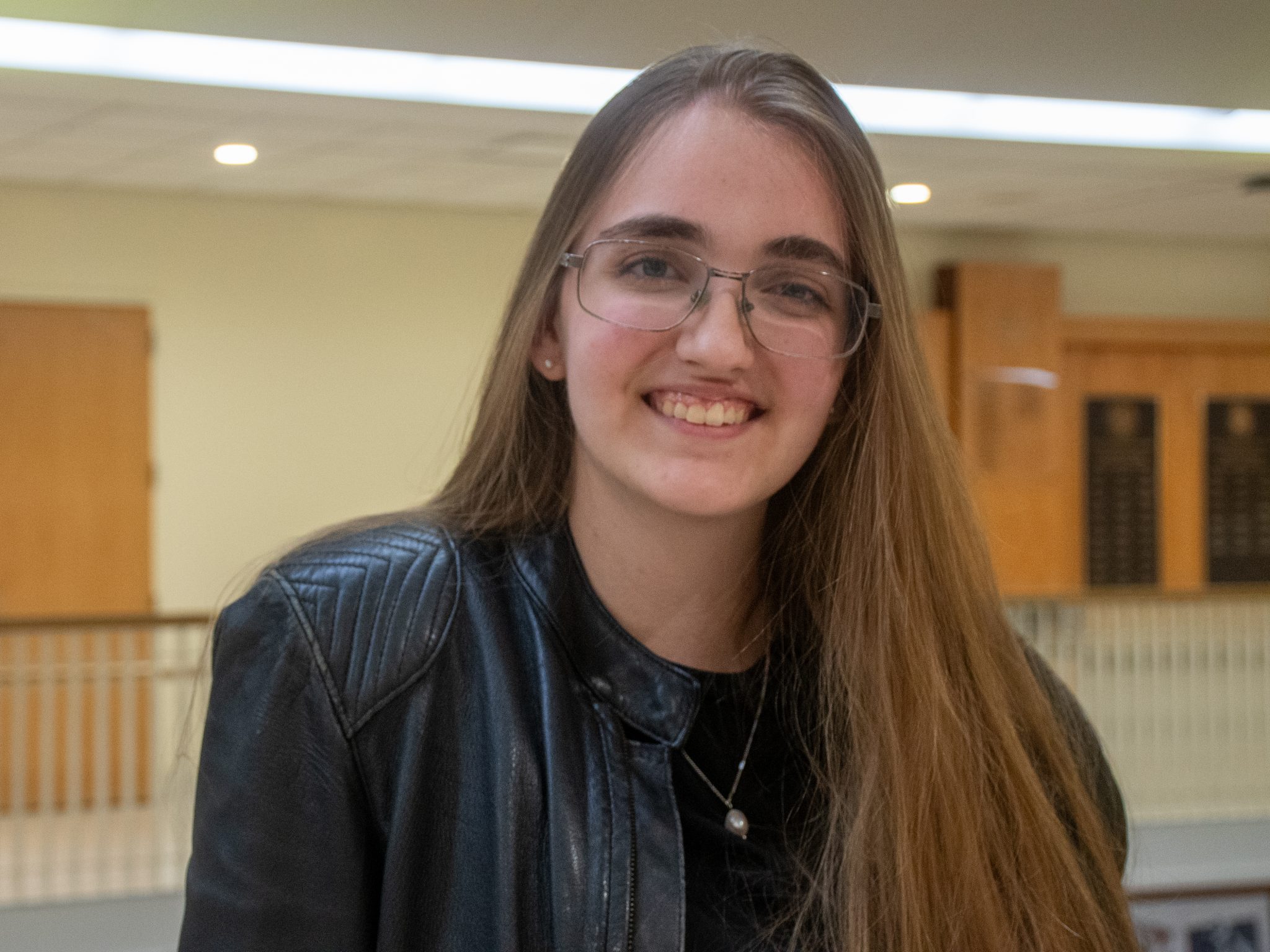The University of Maryland RHA elected sophomore Emily Shoemaker to serve as its president for the 2025-26 academic year on Tuesday.
Shoemaker currently serves as the Resident Hall Association’s sustainability coordinator. She ran against senator at large Nicole Barnes and programming and community development coordinator Hniang Par for the role. Shoemaker and vice president-elect Anya Olson will begin their new roles on April 29, according to outgoing vice president Michelle Ameyaw.
As a first-generation college student, Shoemaker said she finds it particularly important to facilitate connections between administrators and students at this university. Shoemaker hopes to bridge the gap between students who may feel their requests aren’t being heard and staff who may not be aware of what students want changed, she said.
“Being educated on both sides of the spectrum not only promotes more change, but it promotes acceptance, both from the student side and the staff side,” the information science and philosophy, politics and economics major said.
[UMD leaders discuss impacts of federal policy changes, micromobility at RHA town hall]
Shoemaker joined RHA her freshman year as a senator representing Ellicott Hall. She said that position and her role as sustainability coordinator gave her time management and communication skills that she thinks will be valuable as president.
RHA presidential responsibilities include collaboration with this university’s administration and other student organizations, mentoring young leaders and understanding student concerns, according to outgoing president and senior government and politics major Samantha Briggs. Shoemaker’s drive and passion will allow her to excel as she takes on the role, Briggs said.
“She’s always going to be on the side of the students,” Briggs said.
Shoemaker previously succeeded Briggs as sustainability coordinator, Briggs said.
Shoemaker’s election platform focused on past leadership experience and projects that she undertook as RHA’s sustainability coordinator and as a sustainability intern for Dining Services, including a recent proposal to plant trees outside South Campus Dining Hall, she said.
Olson, an environmental science and technology major who serves as RHA’s residential facilities coordinator, ran unopposed for vice president.
RHA’s vice president leads and mentors the senate, according to Ameyaw. Olson said Ameyaw’s leadership, communication and connections with senators leave her with “big shoes to fill,” but she looks forward to increasing engagement and accountability as well as appointing dedicated members to RHA’s executive team.
[UMD RHA passes resolution reaffirming DEI, sustainability commitment]
Having also joined RHA as a senator her freshman year, Olson hopes her perspective and position will help her ease new people into the organization while further developing her own leadership skills.
“I think [Olson] has a lot of ideas from stuff that we’ve discussed this year … about why sometimes senators struggle with legislation, and she has a lot of specific plans for how to overcome that,” Ameyaw, a junior biological sciences major, said.
Olson said she and Shoemaker have collaborated before through RHA and outside the organization when Shoemaker applied for a grant through this university’s sustainability fund review committee, which Olson is a member of. Both want to enact more legislation in the upcoming academic year, Olson said.
“I’m really looking forward to seeing all the legislation that new senators can bring, seeing what issues they decide to champion,” Olson said. “I really want to try to make everyone feel seen and valued, because they really are doing great work.”



